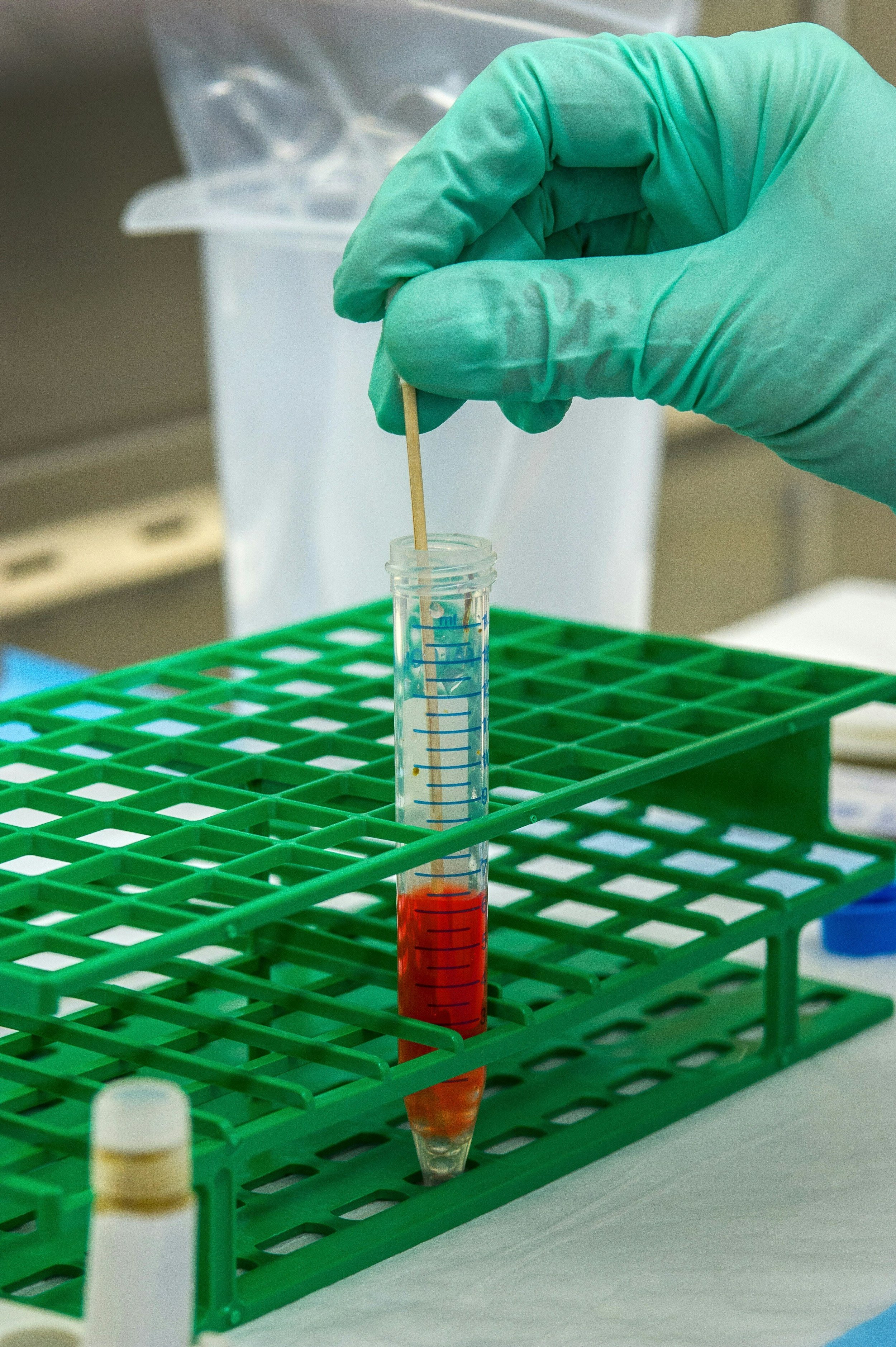The Importance of Health Screening: Why It’s Essential for Early Detection and Prevention
Contents:
1. Introduction
2. The Importance of Regular Health Screening
3. Key Types of Health Screenings
o Cardiovascular Screening
o Cancer Screening
o Diabetes Screening
o Cholesterol and Blood Pressure Checks
4. Benefits of Early Detection Through Screening
5. How Often Should You Get Screened?
6. Conclusion
7. Resources
Introduction:
Health screening plays a crucial role in the early detection of potential health issues before they become severe. With modern advancements in medicine, screening has become a valuable tool for identifying diseases in their early stages, giving patients a better chance of successful treatment and recovery.
In this post, we will explore the importance of health screening, common types of screenings available, and the benefits of early detection. We will also discuss how often you should undergo screenings based on your age, lifestyle, and health risks.
The Importance of Regular Health Screening
Routine health screenings are preventive measures aimed at detecting health problems before symptoms appear. By identifying risks early, screenings can help in managing diseases more effectively. This proactive approach can prevent the progression of serious conditions such as cancer, diabetes, and heart disease.
Ignoring regular health check-ups can lead to missed opportunities for early diagnosis, which often results in more complex treatment plans. For individuals with a family history of specific conditions, regular health screenings become even more critical.
Key Types of Health Screenings
Cardiovascular Screening
Heart disease remains one of the leading causes of death worldwide. Screening for cardiovascular health includes tests like blood pressure checks, cholesterol levels, and ECGs to detect potential heart problems. Early detection allows for lifestyle changes or medical intervention to prevent further deterioration.
Cancer Screening
Cancer screenings, including mammograms, pap smears, and colonoscopies, are crucial in detecting early signs of cancers that can be treated more effectively if caught early. For example, regular breast cancer screening can significantly reduce mortality rates by allowing early treatment of small, localized tumours.
Diabetes Screening
With Type 2 diabetes becoming increasingly prevalent, screening for blood glucose levels is essential. Early detection of pre-diabetes can help individuals make lifestyle changes to avoid full-blown diabetes. For those already diagnosed, regular monitoring is key to managing the disease and preventing complications.
Cholesterol and Blood Pressure Checks
High cholesterol and hypertension are significant risk factors for heart disease and stroke. Regular screenings allow patients to manage these conditions through diet, exercise, or medication. Left unchecked, these conditions can silently damage the body over time.
Benefits of Early Detection Through Screening
The primary benefit of health screening is the ability to catch diseases in their early stages. This leads to:
• Increased Treatment Success Rates: When a disease is caught early, treatments tend to be more effective and less invasive.
• Cost-Effective Healthcare: Early detection often reduces the cost of treatment by avoiding more aggressive treatments required at later stages of illness.
• Better Quality of Life: Early intervention can prevent diseases from progressing to debilitating stages, allowing individuals to maintain a higher quality of life.
• Informed Health Decisions: Regular screenings provide individuals with the information they need to make lifestyle and healthcare decisions that promote longevity and wellbeing.
How Often Should You Get Screened?
The frequency of health screenings varies based on age, gender, family history, and risk factors. Here are some general guidelines:
• Ages 20-30: Annual health check-ups are advised, including blood pressure, cholesterol, and BMI checks. Women should also consider cervical cancer screening (Pap smears).
• Ages 40-50: In addition to the above, individuals should start regular screenings for diabetes and some cancers (e.g., mammograms for women, colon cancer screening for both men and women and PSA for men).
• Ages 50+: At this stage, it is important to include screenings for cardiovascular disease, osteoporosis, and more frequent cancer screenings.
Consult with your healthcare provider to determine the specific screening tests and schedules that suit your individual needs.
________________________________________
Conclusion:
Health screenings are an essential part of preventive healthcare. By regularly undergoing the necessary tests, you are taking a proactive step towards maintaining your health and well-being. Early detection allows for prompt treatment, reducing the risk of severe illness and improving long-term health outcomes. Do not wait until symptoms appear—schedule your screenings today to stay ahead of potential health risks.



